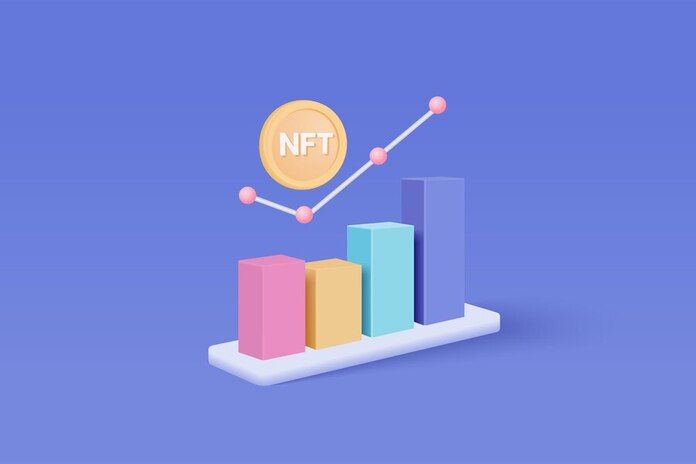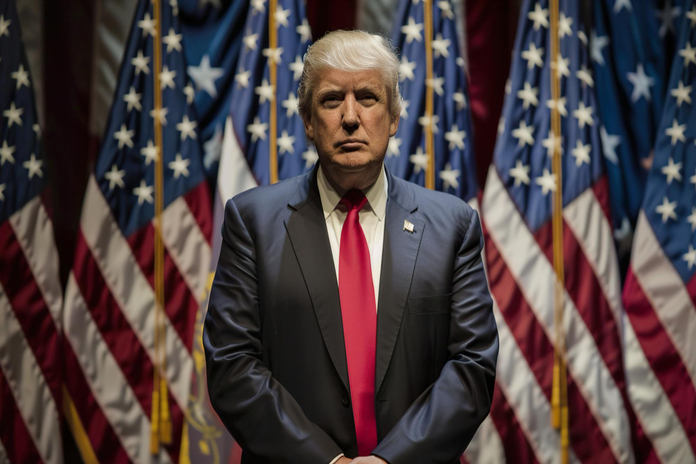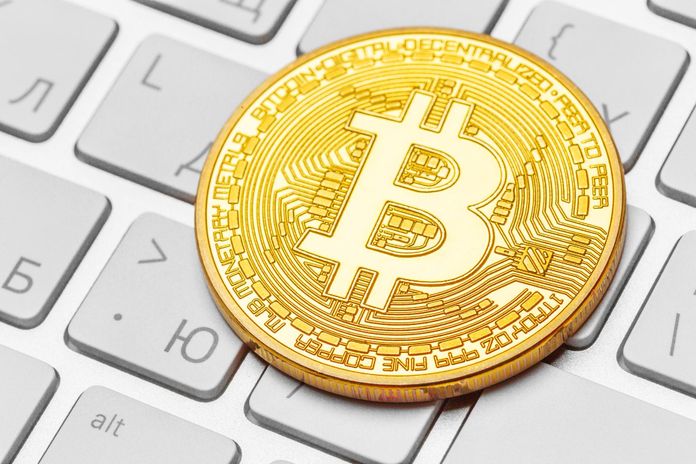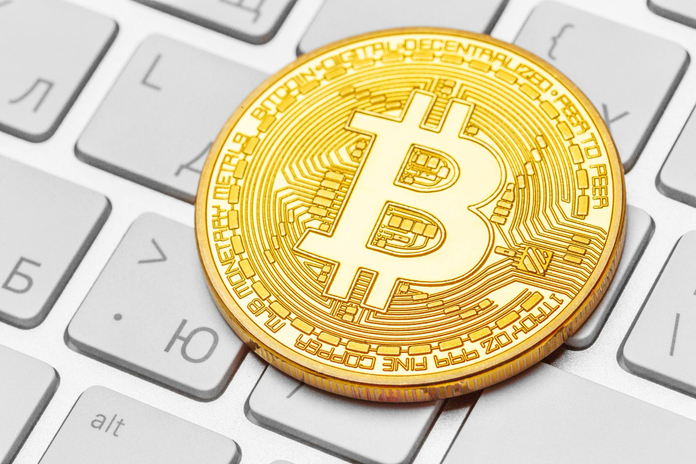DraftKings Exits NFT Business Due to Legal Issues

DraftKings Inc. (NASDAQ:DKNG) is shutting down its non-fungible token (NFT) business “effective immediately,” as announced in an email to customers. This move marks the end of a notable intersection between digital collectibles and sports culture for the sports gambling giant.
The company cited recent legal developments as the primary reason for the discontinuation of Reignmakers and its NFT Marketplace. The decision, as stated in the email, follows a federal judge’s ruling allowing a class action lawsuit against DraftKings to proceed. The lawsuit alleges that DraftKings’ NFTs could be considered unregistered securities, according to Westlaw.
DraftKings entered the NFT space in mid-2021, driven by the popularity of digital collectibles among its customer base. Co-founder Matt Kalish highlighted in a podcast from Ark Invest that the company saw significant potential in NFTs, particularly after observing the success of projects like NBA Top Shot. The company built its NFT business on the Polygon network and launched a Tom Brady-themed collection that quickly sold out.
Despite a drop in interest for basic NFTs by 2022, DraftKings continued to invest in the space through Reignmakers, a fantasy sports game utilizing NFTs. Kalish noted on the Ark podcast that the game captured elements beloved by DraftKings users, such as day trading and fantasy gaming. The initial success led the company to expand Reignmakers from football to include UFC and PGA.
This year, DraftKings faced legal challenges, with class action lawsuits alleging that its NFT sales violated securities laws. Other sports-themed NFT companies have also encountered similar issues, with NBA Top Shot settling its legal dispute with a $4 million payout in June.
The class action against DraftKings is progressing toward a trial, according to court records. As part of the NFT shutdown, DraftKings is offering buyouts to Reignmakers players. NFT collectors will still have access to and the ability to transfer their collections.
Joel Belfer, who runs the Mint Condition blog on sports collectibles, commented on the situation, emphasizing the importance of legal diligence for companies entering the NFT and collectibles space. He noted that DraftKings’ experience is a reminder of the potential legal challenges and risks associated with the market.
Featured Image: Freepik








